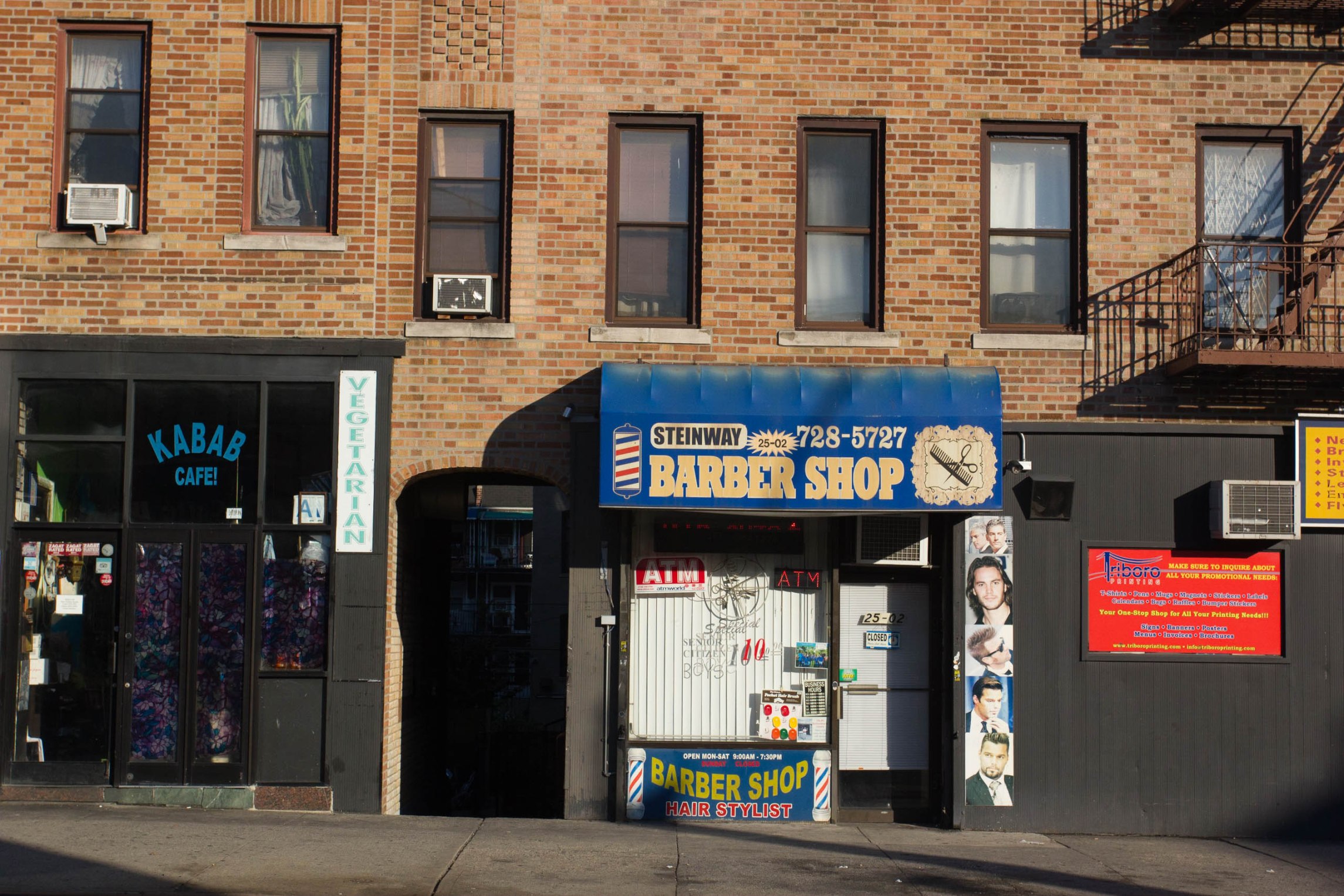
The seasoning of history
In the culinary arts, the forces of the past are as vital as fire in cooking the dishes we know and love.
“Food is the most honest history.”
It was a truth that sprang from the lips of Egyptian Chef Ali El Sayed, whose tiny, eclectic restaurant in Astoria, NY, has made an international name for itself thanks to its home-cooked, fresh fare and rotating menu.
Kabab Cafe is small — cramped, some would say, when there are more than a few customers — and simple; my friend and I were the only two people eating there for much of that day in the spring of 2016. She knew of its legendary stature in the New York food scene, and had brought me there.
Though just a 15-minute walk from where I lived at the time, Steinway Street — where Kabab Cafe is situated among a host of hookah lounges, a mosque, and scattered Egyptian grocery stores and restaurants — is a world unto itself.
Many of the signs are in both Arabic and English, and a Fairouz song might be heard playing as people gather on the sidewalk, sipping coffee and chatting.
Kabab Cafe (technically Kabab Cafe!, according to the sign on the door) is an unassuming storefront in a row of red-brick buildings.
RELATED CONTENT
When we were there, Chef El Sayed alternately attended and regaled us as waiter, cook, and historian/philosopher all in one. He explained the menu of the day to us, whipped up our meals at the stove just a few feet from our table, and shared some of his musings about the power of the culinary arts.
I can’t recall exactly what we ate, other than that it was delicious; but I have always remembered those direct words — “Food is the most honest history” — from the accomplished, passionate chef.
From economics, geography, and religion, to war, culture, and trade: Traces of all the elements of history can be found in a single dish.
And cuisine is, in some ways, a better bulwark against erasures of time and conquest than many other aspects of culture - thus the “honest” part of El Sayed’s pronouncement. The rampages of history have failed to tear from many people and cultures the treasured recipes of the abuelos.
In our cover story this week, you can read more about one chef who has used his culinary and entrepreneurial skills to keep alive the culture of his family and ancestors, and share that with others.
Get a taste of Jose Garces’ story on page 10, and send us a message on social media or drop a line to emilyn@aldianews.com to let us know some of the ways that food connects you to your history.











LEAVE A COMMENT: